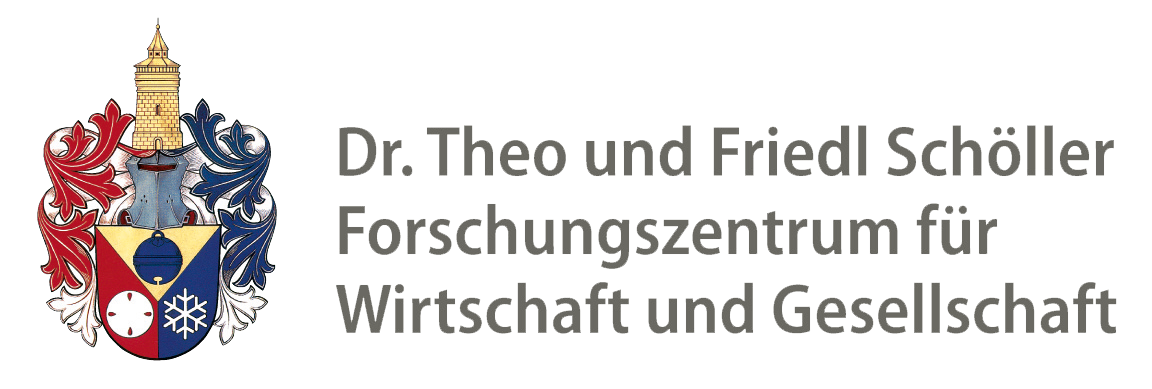Tassilo Schuster
Inpatriates – Foreign Employees as Strategic Success Factors of Companies
A great number of companies from the Nuremberg Metropolitan Region have become global actors and sell leading products and services worldwide today. The global presence has increased the number of foreign employees who are delegated to the parent company (inpatriation) as hereby an efficient coordination of the subsidiaries and a reciprocal knowledge transfer between parent company and subsidiaries is achieved. However, it has become increasingly difficult for companies to attract highly qualified foreign employees to work and live in the region. Even though the Nuernberg Metropolitan Region is economically important, it is considered as less attractive compared to other metropolitan areas such as Berlin, Hamburg, Munich, Madrid, Amsterdam, Paris, or London.
The research project analyzes the employment of inpatriates in the Nuremberg Metropolitan Region in order to enhance the companies‘ international competitiveness.

